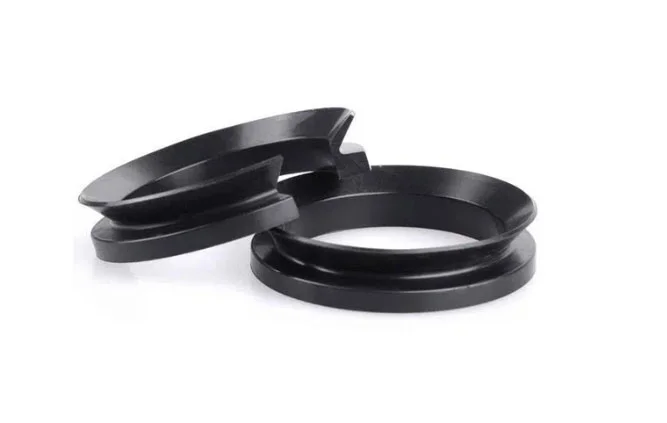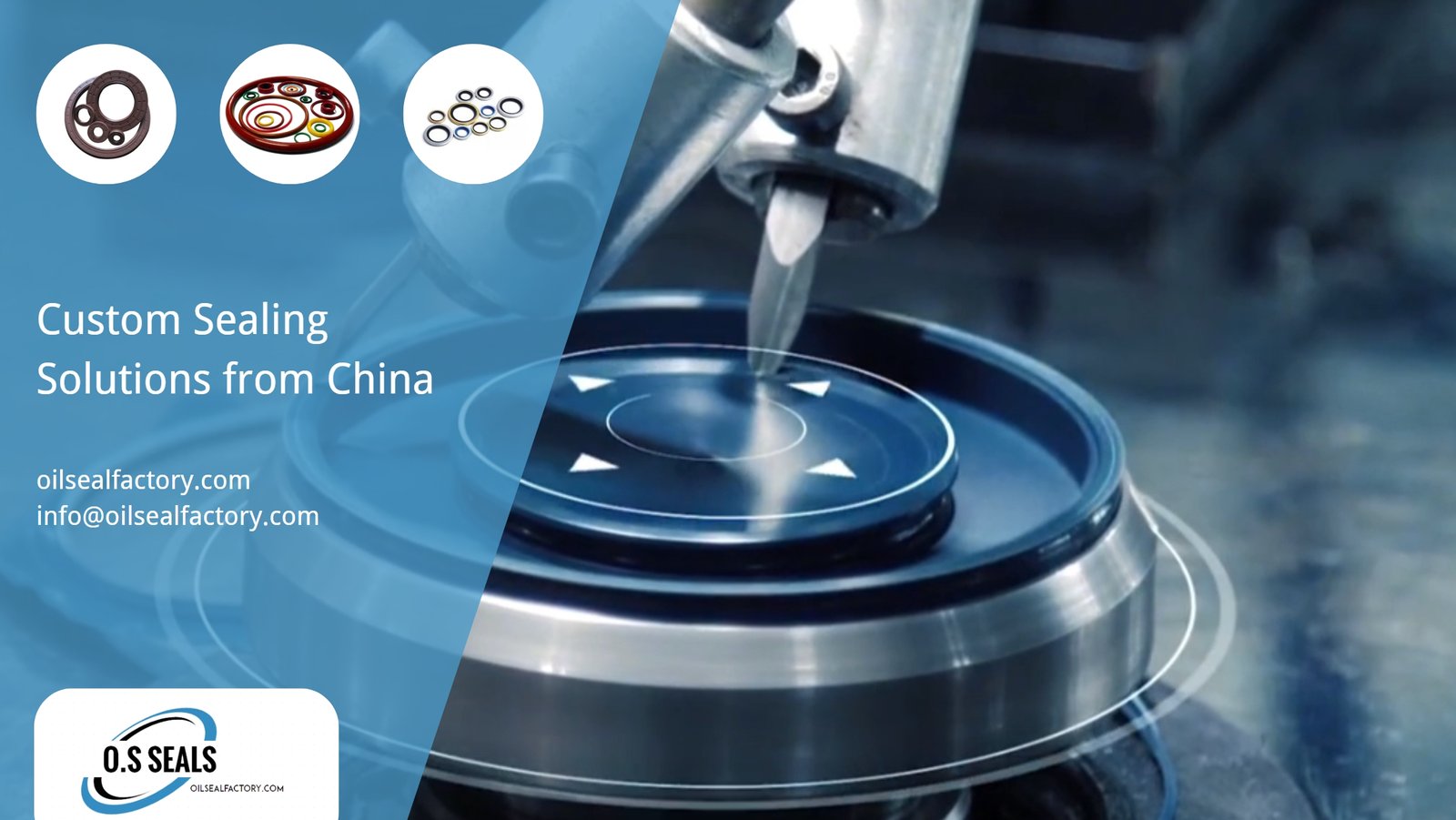What’s Jaw & Spider coupling?
Jaw & Spider (or Jaw-Type) couplings are a common type of shaft coupling in the industry. They are designed to transmit torque and rotation between two shafts, accept shaft misalignment, and help protect components from damage by damping shock and vibrations. Jaw-type couplings feature two aluminum alloy hubs with protruding lugs known as “jaws,” and a polyurethane elastomer insert known as a “spider” that fits between the hubs. It’s used for a variety of heavy machinery and equipment coupling drive shafts as a buffer. It is also called shaft coupling, spider coupling. The material can be divided into polyurethane coupling and rubber coupling, nylon coupling.
The Classification of Jaw & Spider couplings:
It is divided into MT type, T type, GR type, HRC type, NM type elastic ring, L type hexagonal pad, NL nylon inner gear sleeve, H type elastic block, rubber gear, etc.
Features of Jaw & Spider couplings:
Jaw & Spider couplings are used in the middle of the coupling to play the role of shock absorption, insulation, buffer transmission torque. The transmission torque will be different according to its materials and hardness. The higher the hardness is, the transmission torque will be greater.
Shaft coupling within the rubber block we generally called Jaw & Spider couplings. It is divided into three kinds of materials, rubber, polyurethane, nylon. Rubber, polyurethane is more widely used.
The cushioning of rubber couplings cushioning good, but the strength is low, the load-bearing capacity is small, the resistance to high and low temperatures and oil resistance is poor. It is easy to age, and the use and storage period is short.
So we prefer polyurethane material spider couplings. Polyurethane elastomer spiders offer a high load capacity while maintaining a damping effect on vibration and thermal conductivity. The elastomer material provides good resistance to oils and chemicals, as well as electric isolation between both shafts.
Our couplings have different torque ratings and performance levels determined by the hardness (durometer) of the elastomer spider, making them adaptable for a wide range of mechanical applications. The profile of the jaw and the spider will also impact performance. We offer a Curved-Jaw profile for zero-backlash and high torsional stiffness for high performance in servo and stepper motor-driven applications. A more cost-effective Straight-Jaw type is also available for less exacting requirements.





